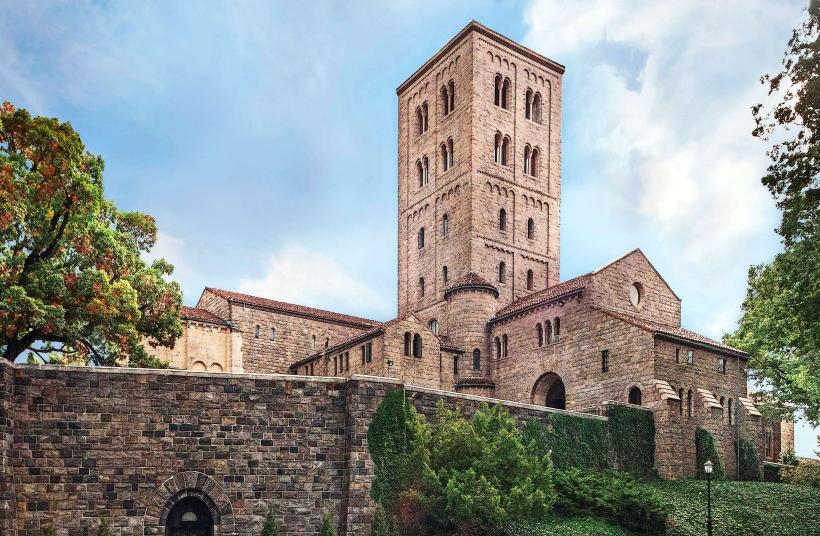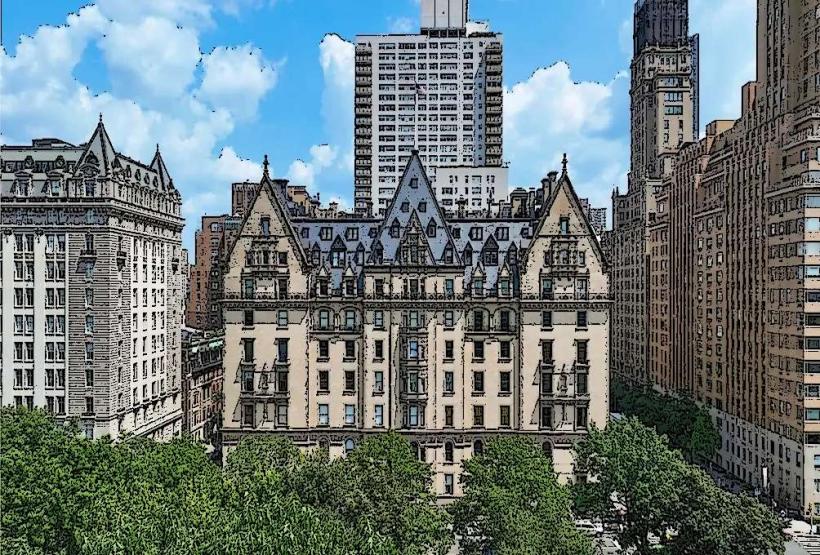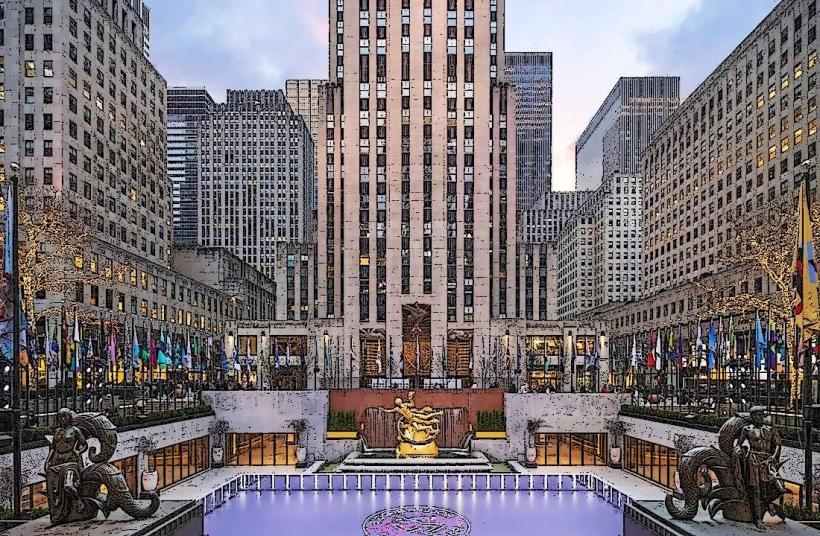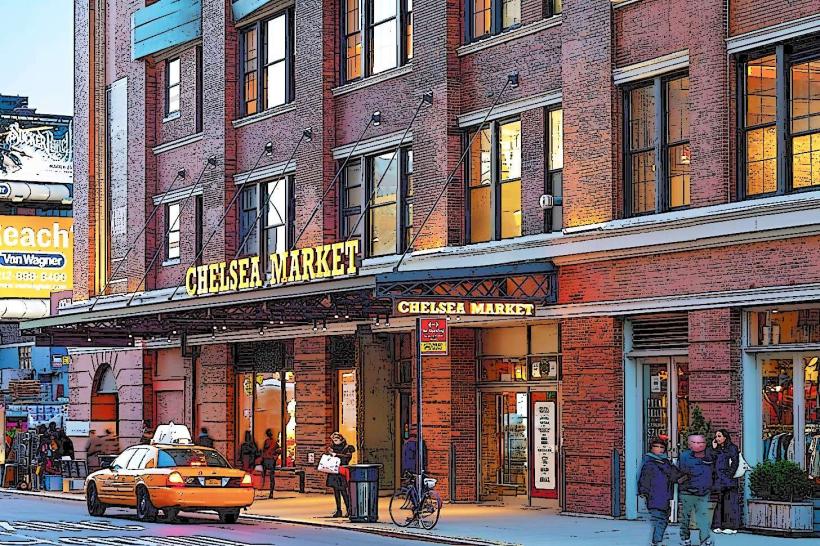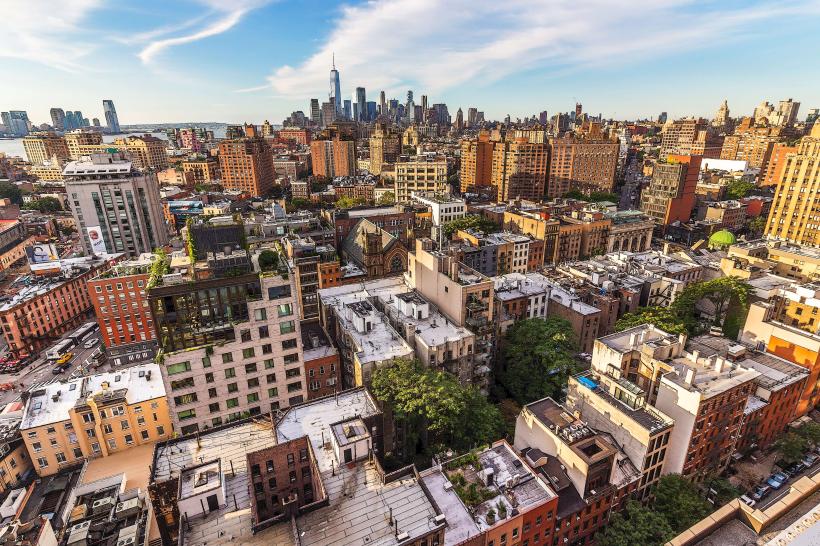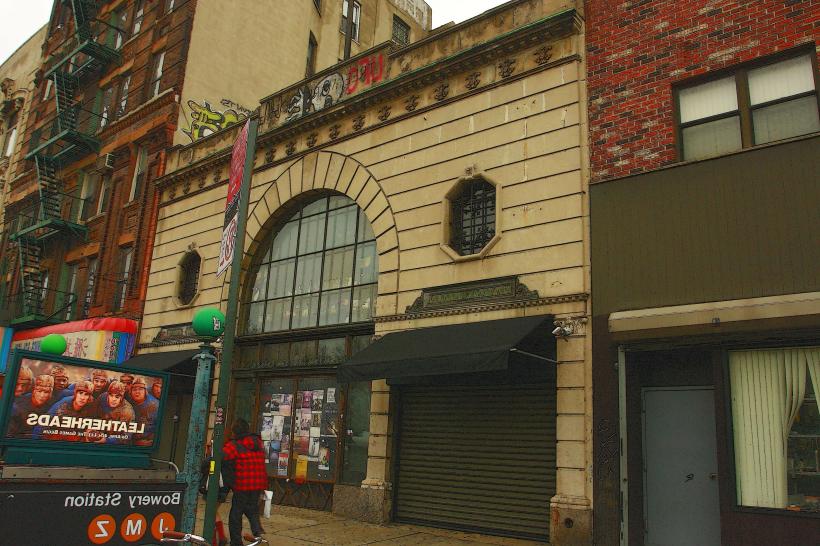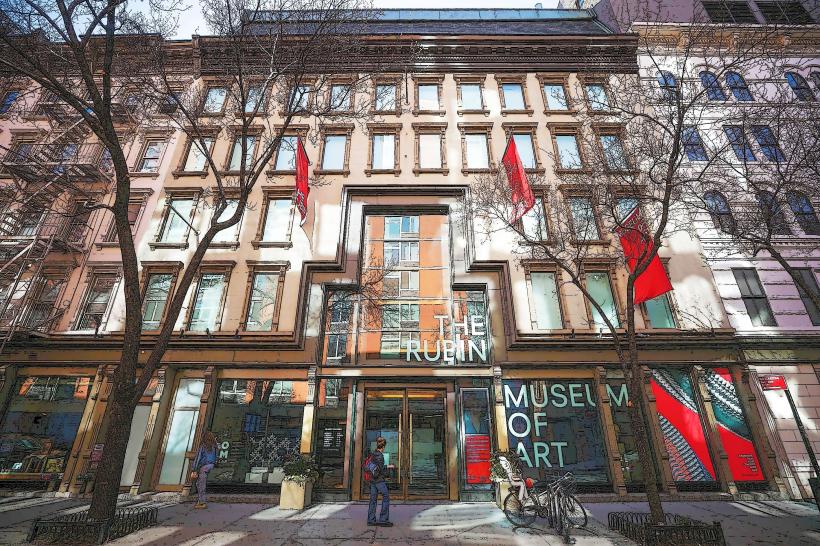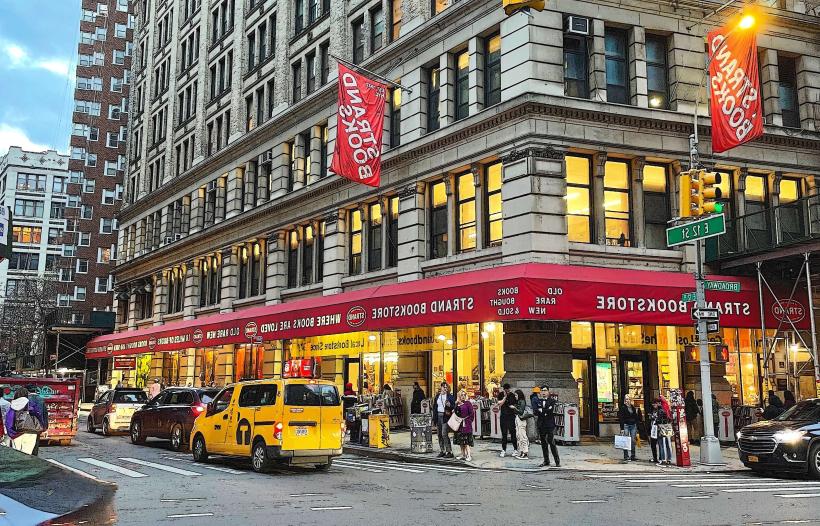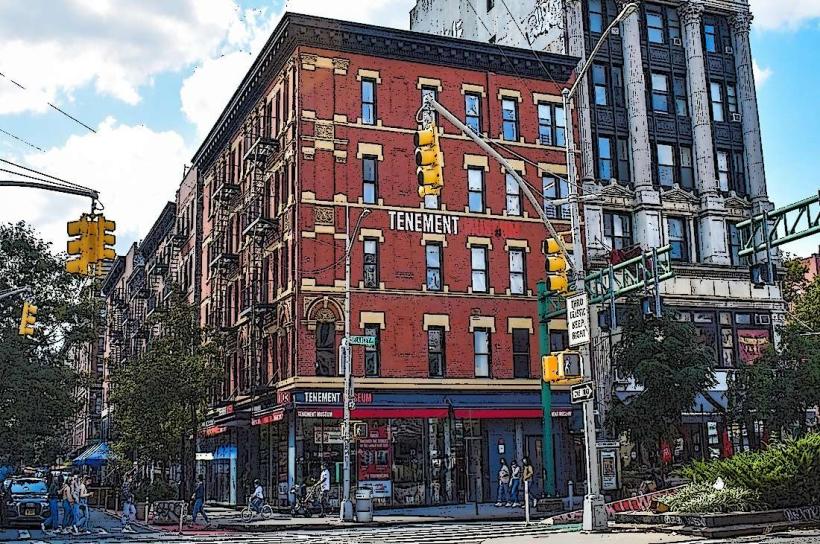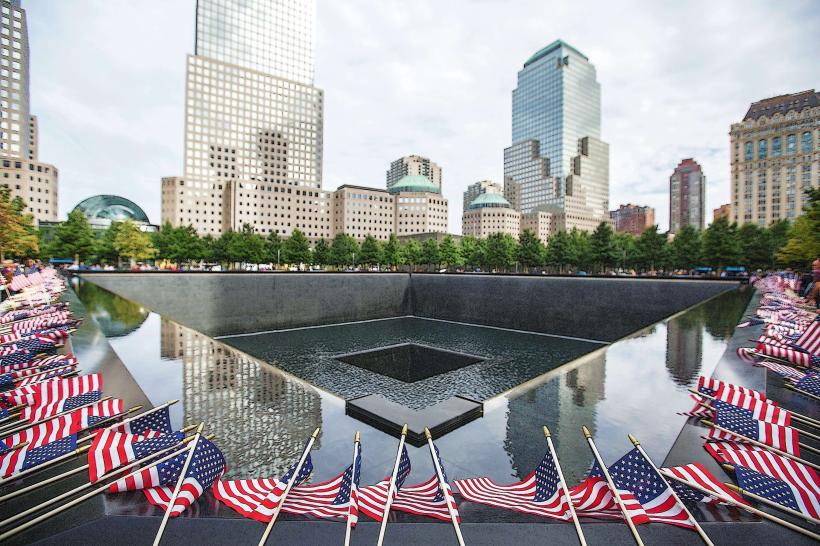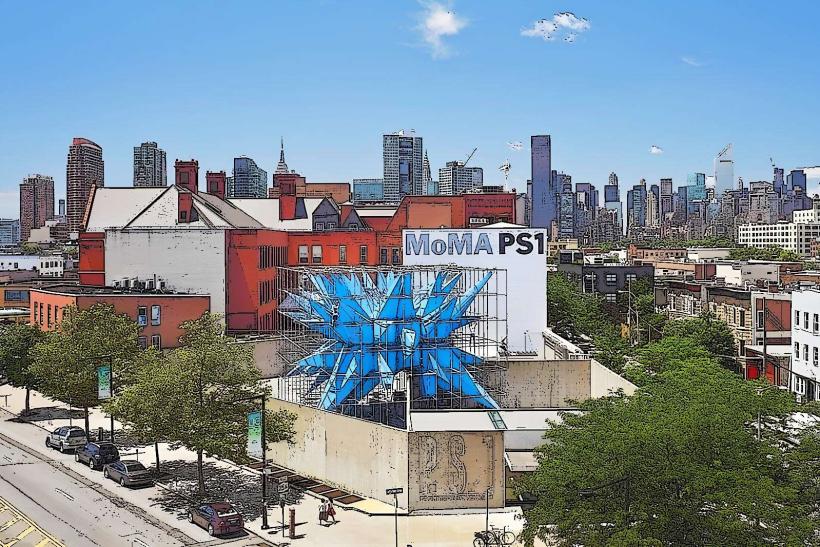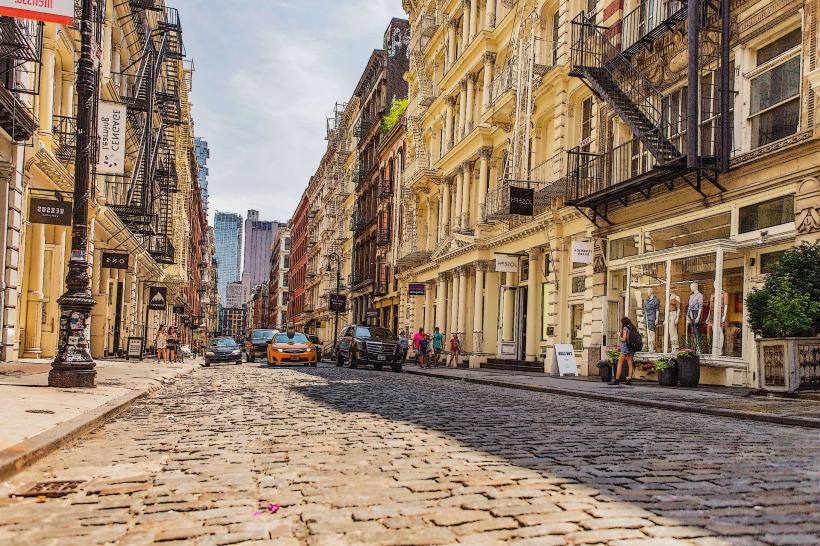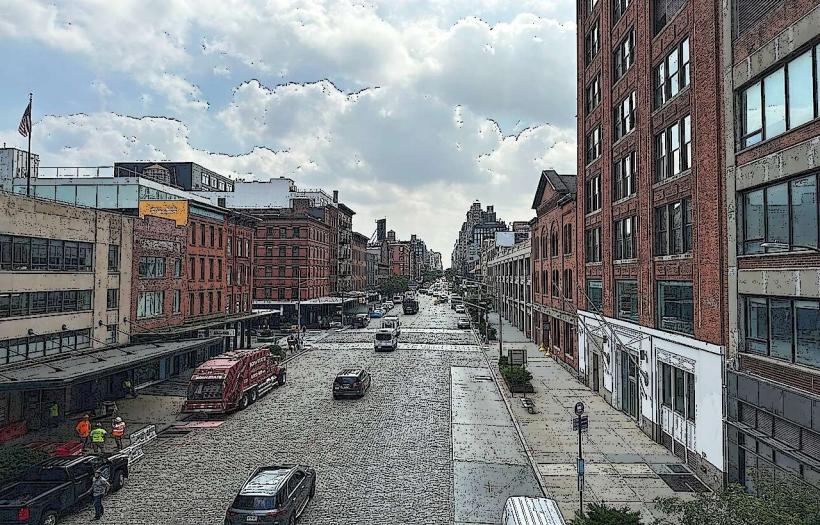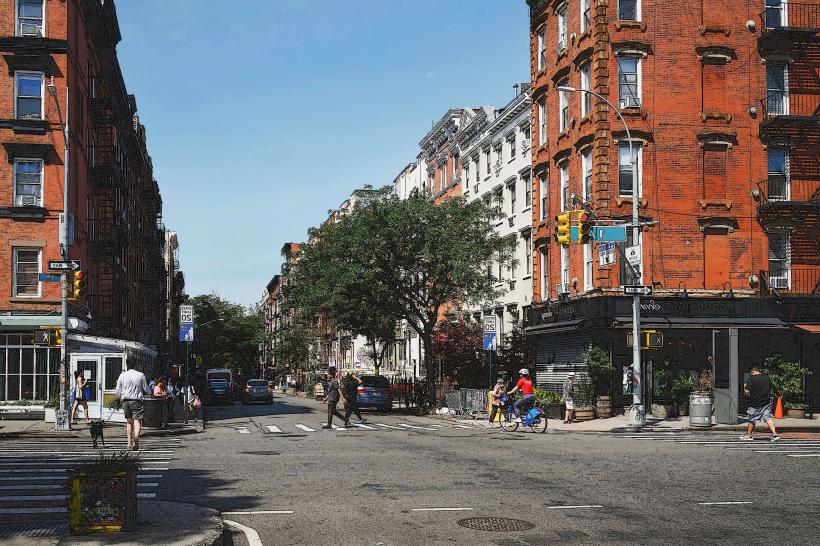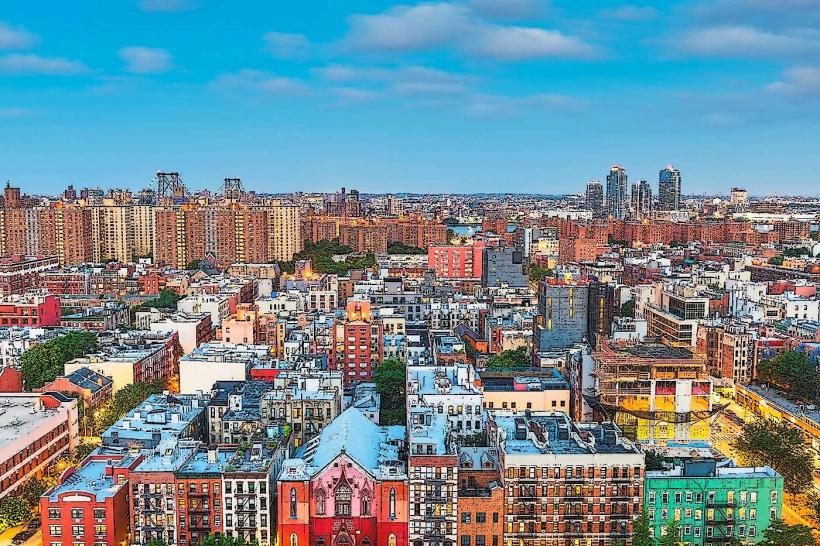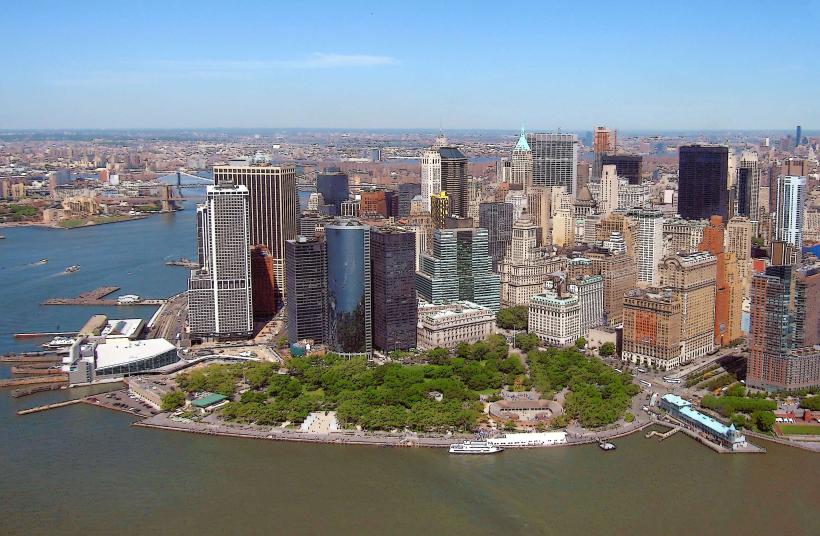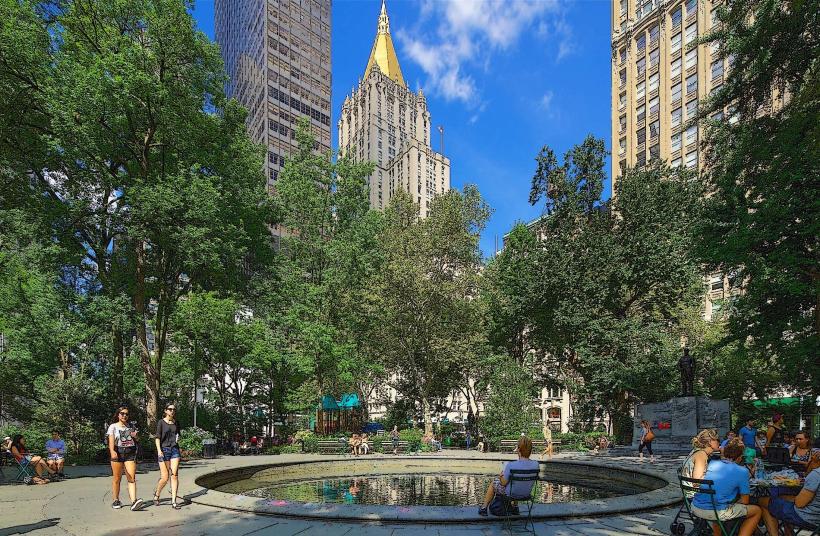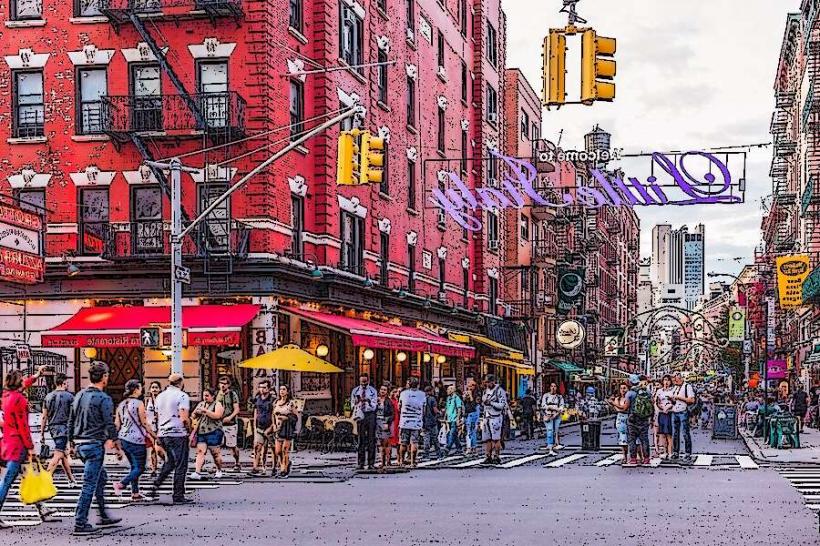Information
Landmark: High LineCity: Manhattan
Country: USA New York
Continent: North America
High Line, Manhattan, USA New York, North America
The High Line is a unique, elevated public park and greenway built on a historic freight rail line on Manhattan’s West Side. It combines landscape architecture, urban design, public art, and city history into one of New York City’s most innovative and beloved public spaces.
Overview
Location: West Side of Manhattan, from Gansevoort Street in the Meatpacking District to 34th Street near Hudson Yards.
Length: 1.45 miles (2.3 km).
Opened in stages:
2009: First section (Gansevoort to 20th Street)
2011: Second section (20th to 30th Street)
2014: Final section (30th to 34th Street)
2023: Additional connectors to Moynihan Train Hall and Hudson Yards
Historical Background
Originally constructed in the 1930s as part of the West Side Improvement Project, the High Line was a freight rail viaduct designed to lift dangerous train traffic off the city streets.
Operated until 1980, carrying goods such as meat, produce, and dairy directly into factories and warehouses.
After being abandoned, the structure fell into decay and was threatened with demolition.
Transformation Into a Park
Inspired by similar projects like the Promenade Plantée in Paris, two local residents-Joshua David and Robert Hammond-founded Friends of the High Line in 1999 to advocate for repurposing the structure as public space.
Supported by the city and private donors, the transformation became a global example of adaptive reuse in urban planning.
Design and Architecture
Designed by James Corner Field Operations (landscape architecture), Diller Scofidio + Renfro (architecture), and Piet Oudolf (planting design).
The park blends industrial structure with naturalistic planting, art installations, and city views.
Original rail tracks are preserved and integrated into the design.
Features include:
Wooden walkways and benches
Wildflowers, grasses, and trees
Viewing platforms, sundecks, and lounges
Glass railings offering views of the Hudson River and city streets
Public art and temporary exhibitions
Key Sections and Features
Gansevoort Woodland (Gansevoort Street to 14th Street)
Shady area with dense plantings.
Near Whitney Museum of American Art and the Meatpacking District.
Chelsea Market Passage (15th Street)
Covered area with seating and food vendors.
Occasionally hosts art and cultural events.
10th Avenue Square and Overlook
Amphitheater-like seating with a large glass wall overlooking 10th Avenue.
One of the most iconic photo spots.
Chelsea Grasslands (18th to 20th Streets)
Open meadow-like space with native grasses and flowers.
Popular for relaxing and birdwatching.
Rail Yards and Spur
Final section near Hudson Yards.
Features the Plinth, a platform for monumental contemporary art installations.
Offers views of Vessel, The Shed, and the Hudson River.
Art and Culture
Curated by High Line Art, the park regularly features:
Sculptures
Sound art
Video projections
Performance pieces
Public programming includes dance, music, lectures, and tours.
Ecological and Urban Impact
Home to over 500 species of plants inspired by the wild growth that appeared after the rail line was abandoned.
Encourages biodiversity in a dense urban setting.
An engine of economic revitalization in the West Chelsea and Hudson Yards neighborhoods.
Has influenced dozens of similar projects worldwide (e.g., the Bloomingdale Trail in Chicago and the Bentway in Toronto).
Access and Amenities
Elevators and stairways provide access at various streets.
Open daily with free admission.
Designed to be fully wheelchair accessible.
Offers seating, water fountains, and restroom facilities at specific points.
Cultural Significance
A symbol of New York’s ability to reimagine and reinvent its urban landscape.
Frequently appears in films, TV shows, and media as a backdrop for New York’s evolving identity.
A model for green infrastructure, urban reuse, and community-driven development.
The High Line is not just a park-it’s a linear museum, a botanical garden, an urban balcony, and a civic space that continues to transform how cities think about public land, transportation relics, and urban beauty.







